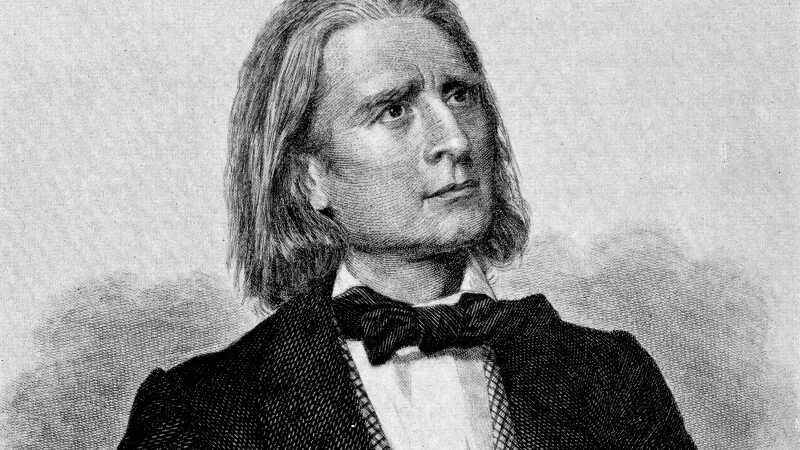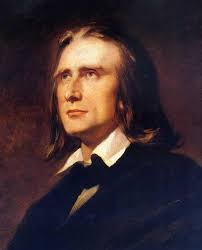Franz Liszt, a towering figure in the realm of classical music, was born on October 22, 1811, in Raiding, Hungary (now part of Austria). His life was a symphony of talent, passion, and innovation, leaving an indelible mark on the world of music.
From an early age, Liszt showed prodigious musical abilities. He began piano lessons with his father at the age of six and gave his first public performance at the age of nine. Recognizing his son’s exceptional talent, Liszt’s father sought out professional tutelage for him, taking him to Vienna to study with Carl Czerny and Antonio Salieri. By his teenage years, Liszt had already established himself as a virtuoso pianist, captivating audiences across Europe with his extraordinary skill and electrifying performances.
- Musical Prodigy: Franz Liszt was born on October 22, 1811, in Raiding, Hungary (now part of Austria). He demonstrated remarkable musical talent from a very young age, receiving his first piano lessons from his father at the age of six.
- Virtuoso Pianist: Liszt quickly gained fame as one of the greatest piano virtuosos of all time. His performances were known for their incredible technical brilliance, emotional intensity, and showmanship.
- Innovator of the Piano Recital: Liszt played a crucial role in popularizing the solo piano recital. He was one of the first musicians to perform entire concerts without the support of other musicians, which was a revolutionary concept at the time.
- Composer and Innovator: While Liszt was primarily known as a pianist, he was also a prolific composer. He made significant contributions to musical genres such as the symphonic poem and the piano sonata, pushing the boundaries of musical expression.
- Romantic Icon: Liszt was a central figure in the Romantic movement, both musically and personally. He had numerous affairs with prominent women of the time, including the writer George Sand and the princess Carolyne zu Sayn-Wittgenstein.
- Teacher and Mentor: Liszt was a highly influential teacher and mentor to many aspiring musicians. He taught a generation of pianists, including virtuosos such as Hans von Bülow and Arthur Friedheim.
- Transcriber and Arranger: Liszt was known for his transcriptions and arrangements of works by other composers. He transformed pieces originally written for different instruments or ensembles into dazzling piano compositions, helping to popularize the music of composers such as Beethoven and Wagner.
- Religious Calling: Later in life, Liszt turned increasingly towards religious pursuits. He took minor orders in the Catholic Church and composed a significant amount of religious music, including his monumental oratorio “Christus.”
- Cosmopolitan Lifestyle: Liszt lived a cosmopolitan lifestyle, traveling extensively throughout Europe. He spent time in major cultural centers such as Vienna, Paris, and Weimar, where he held influential positions as a court musician and conductor.
- Legacy: Franz Liszt’s impact on the world of music is immense. He bridged the gap between the Classical and Romantic eras, influencing countless composers who came after him. His innovative approach to composition and performance continues to inspire musicians and audiences to this day.


Comments are closed